Let's talk with Dr. Nguyen Duy Duy, a scientist at the Australian National Research Institute - CSIRO, about his journey from receiving an Australian scholarship to becoming an expert in water security, inspiring new ideas through useful advice for many young people who want to continue their studies abroad and develop their careers.
- Seeing that you had the opportunity to travel around the world and meet many scientists, after graduating from high school, how did your journey go?
My journey to Australia was not a straight one. I had a dream of studying abroad since my high school years. My passion for physics, rivers, lakes, seas and natural phenomena led me to Hanoi University of Water Resources. There, I received a full government scholarship to study in Russia, majoring in Hydraulic Engineering at Saint Petersburg Polytechnic University.
Like many generations of Vietnamese students who went to Russia at that time, we tried our best to study and always ranked first in our class. I was no exception, graduating with excellent grades, with a near-perfect grade point average.

Dr. Duy and Vietnamese colleagues at the Science at the Shine Dome event, Australian Academy of Science.
However, unlike many generations of Vietnamese students, I did not choose to continue my higher education in Russia, even though it would have been an easier choice. I knew about the United States since the early days of my third year of university. For me, the United States is the place to realize many of my dreams, about conquering knowledge, about the land of many talented people, and about the American dream.
That dream was also the motivation for me to go from not knowing English, cooking for a Nigerian friend in the dormitory in exchange for “free” English lessons, to achieving Ielts 8.5 after a year and a half.
From there, along with high results in my university years, I successfully won the VEF scholarship (a scholarship that provides living expenses for 2 years of study in the US), and this scholarship set the foundation for me to negotiate with many professors at major universities in the US. That year, when I graduated from university, I applied to 11 schools (all in the Top 20 in the US) and I received full scholarships to 8 schools.
I chose Notre Dame University to go to the US because the school awarded me the highest scholarship of the school (Presidential Scholarship). During my two years in the US, I also threw myself into studying and working. As expected, the US opened up many new perspectives in my field. And thanks to that, I knew more clearly about my strengths and weaknesses and knew which path I should choose.
Perhaps that is why, after 2 years in the US, I sought an opportunity to work in a field that was more in line with my strengths and orientation. I met Michael (Professor at the University of Sydney), who agreed to accept me as his PhD student on a topic very familiar to Vietnam - simulating turbulent flows in drought conditions.
The nod of the teacher and student brought me to Australia, through the RTP scholarship of the University of Sydney.
RTP is my most meaningful scholarship. The scholarship opened up the opportunity for me to approach the research topic that I am still pursuing until now. After many countries (Vietnam, Russia, Germany, USA), the scholarship also led me to Australia.

Dr. Duy and the CSIRO Recognition Reward.
Lesson for students: Society is developing so fast, from AI, biotechnology, quantum, climate change, geopolitics... it is easy to make young people lose their way. If you are still in school, or even graduated, but still uncertain about your career path, do not be discouraged. Maybe the right door for you has not opened yet.
Go ahead and look at four criteria: Do I like that path, does it bring economic benefits to me, am I good at it, and finally, if I continue, can I bring good impact to society.
If all 4 things above converge, keep moving. I myself have lived through 5 countries and gone through many turns, to get to where I am today. And I am not sure where I will be tomorrow, but one thing I am sure of, I always have all 4 things above in every step I take.

Dr. Duy and young Australian scientists visit the Max Planck Institute, Germany.
- How has studying in Australia helped your daily work?
The expertise I gained during my PhD at the University of Sydney informs my current projects. My expertise is in fluid hydraulics, and I am currently using hydraulic models and other biophysical models, along with AI/ML to address water security issues in Australia, Vietnam, and other countries around the world.
In addition to research, I also took many teaching classes, and thanks to that, I improved my skills such as presenting, explaining, or interpreting complex knowledge into easy-to-understand language... All of which are knowledge that I directly apply in my work.
I also actively hunted for additional scholarships. In addition to the full RTP scholarship, I also learned how to write a profile for a top-up scholarship, as well as applying for some grants for my research. Those small experiences also helped me write good proposals for major research funds.
Not only knowledge, I also participated in very active activities during my time as a graduate student. I was a representative for the entire graduate students of the school to participate in the School Council.
In that role, I built a lot of useful skills through meaningful activities. For example, my colleagues and I wrote a petition to the Australian Department of Education on a mechanism to support students doing research during the COVID-19 pandemic. Our petition was approved, as well as applied to most universities in Australia at that time.
Having leadership skills, teamwork, and participating in social activities also contribute to my success in my current job.
More specifically, my achievements in research, teaching, and dedication during my PhD helped me to be selected as one of 10 young scientists in the field of Physics in Australia to participate in the global intellectual festival in Lindau, to meet and talk with nearly 40 Nobel Laureates. The trip opened up not only opportunities for collaboration, but also endless inspirations about science, and motivated me a lot in my current research work.
Lesson for students: University is a miniature society, where if you can make an effort to get out of your “comfort zone” and participate more, and enrich your knowledge and skills, it will definitely be beneficial for you later.
To do that, you need to know two things: 1) there are many tools in school to help you develop, from studying to working. Many students after 4 years of studying still do not know about the school's job application guidance office, and struggle to use outside services. If you take the time to learn, the services of the school you are studying are comfortable for you to use. 2) you must know how to prioritize the things you want to develop. First is probably professional knowledge, then other skills. Only you know your strengths and weaknesses, and your strengths and weaknesses.

Dr. Duy and his colleagues introduced AquaWatch technology to the Ministry of Agriculture and Environment (Vietnam).
- What inspiration does winning the 2025 Australian Alumni Award recently give you for your next work?
In 2025 alone, I won three major awards, two professional awards from the American Society of Civil Engineers, one from the Australian National Research Institute, and one for contribution, the 2025 Australian Alumni Awards. Similar to before, every year I have had some kind of award for myself.
I say that not to brag, on the contrary, I want to say that winning awards for me is like a shooting star flashing in the sky. Similarly, when standing on the stage to receive an award, many lights are shining on me, and many eyes are looking at me. But those flashes are fleeting, if I do not continue to try, then soon, people will forget that I ever won an award.
That's why I set a goal that every few years, after I have made an effort to contribute and accumulate enough in both quantity and quality, I will bring those results to challenge myself in a certain tournament or competition, and hope that I will shine again.

Dr. Duy received the 2025 Australian Alumni Award, presented by Ms. Gillian Bird, Australian Ambassador to Vietnam and Associate Professor Dr. Nguyen Thu Thuy, Director of the Department of International Cooperation, Ministry of Education and Training.
Coming back to the Australian Alumni Awards, they have a direct impact on my life and work. Many of my projects are currently being carried out both in Australia and Vietnam, especially in the fields of innovation and digital transformation.
The project of applying AI in the water quality monitoring system in aquaculture in Vietnam is an example. Therefore, when my expertise and dedication were recognized, in addition to happiness, I also felt that I needed to try to be worthy of the expectations of those who believed in me and awarded me.
That is why I am motivated to do better in current projects, and many future projects, which will contribute more to both countries, Australia and Vietnam.
Lesson for students: Don’t be shy. If you’re good, put it out there for others to see, hear, and be inspired. Apply for a scholarship, compete in a contest, enter an award. Not only will the application and submission process be fun, but if you win, it will be a memorable experience, not just for you.
Each award you win is also a motivation for many others. However, do not sleep on your victory and be complacent. In this ever-changing society, if you sleep on it, in the meantime, others will surpass you and you will be forgotten.

Dr. Duy received the Karl Emil Hilgard Hydraulics Award from the American Society of Civil Engineers.
- In your opinion, as an Australian alumni, what will you contribute to promoting the Comprehensive Strategic Partnership between the two countries?
I am sure that all alumni are contributing something, whether small or big. So am I, in my own way.
Professionally, I am still actively developing major projects between ministries, departments and universities in both countries. As a scientist at the Australian National Research Institute, I have a unique opportunity for my projects to have a greater impact, and wider application, than university research.
That is why the projects on Water Security that I am collaborating with the Ministry of Agriculture and Environment, the Ministry of Science and Technology,... and universities all have the potential to be applied nationwide, to provinces, cities and localities.
My recent projects in Vietnam, such as water quality monitoring in aquaculture or building a co-pilot AI application for agricultural farming, are gradually achieving the first results, and I hope that in the near future, those technologies will be widely applied nationwide.
I also actively connect and cooperate between organizations of the two countries, most recently between Thuy Loi University, VinUni, or Hanoi University of Science and Technology, and the CSIRO research institute. In the future, I hope that there will be more organizations in the two countries exchanging and cooperating on more projects.
Lesson for students: Every action you take, first perhaps to improve yourself, then to impact the people around you, then to a larger organization and then to society.
As a student, studying well and achieving outstanding results, making the Vietnamese learning spirit in Australia proud, is perhaps the best thing a student can do for the "comprehensive strategic partner".
Thank you!
Source: https://vtcnews.vn/ts-viet-o-australia-dong-gop-tri-thuc-de-phat-trien-doi-tac-chien-luoc-toan-dien-ar983900.html


![[Photo] Prime Minister Pham Minh Chinh chaired a meeting to evaluate the operation of the two-level local government model.](https://vphoto.vietnam.vn/thumb/1200x675/vietnam/resource/IMAGE/2025/10/29/1761751710674_dsc-7999-jpg.webp)
![[Photo] Prime Minister Pham Minh Chinh chaired a meeting to discuss solutions to overcome the consequences of floods in the central provinces.](https://vphoto.vietnam.vn/thumb/1200x675/vietnam/resource/IMAGE/2025/10/29/1761716305524_dsc-7735-jpg.webp)

![[Photo] Hue: Inside the kitchen that donates thousands of meals a day to people in flooded areas](https://vphoto.vietnam.vn/thumb/1200x675/vietnam/resource/IMAGE/2025/10/29/1761738508516_bepcomhue-jpg.webp)

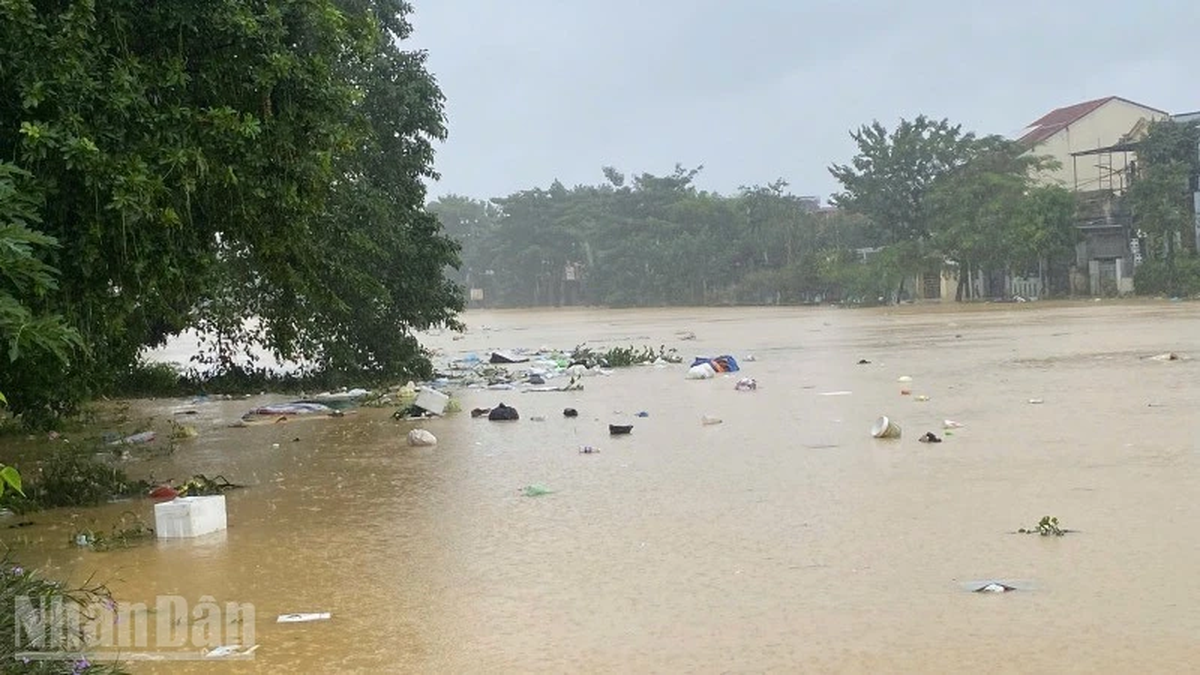
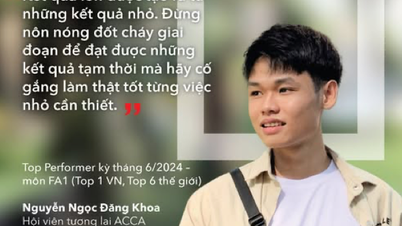

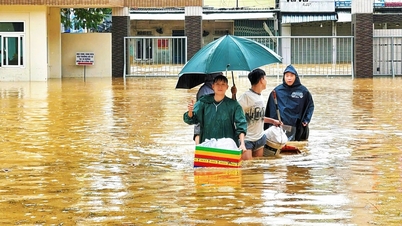

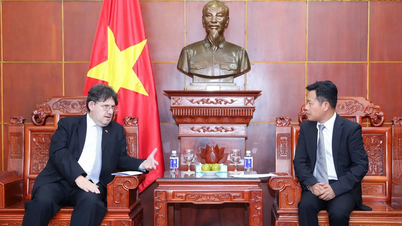

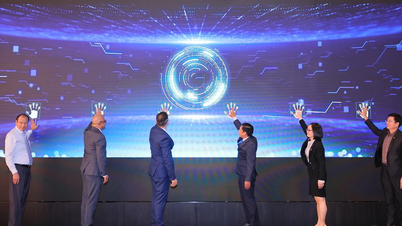
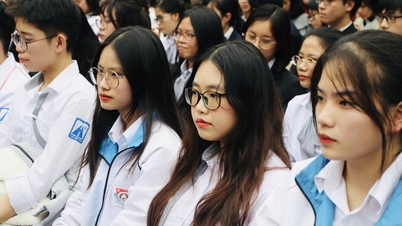
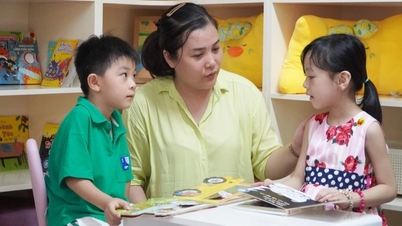





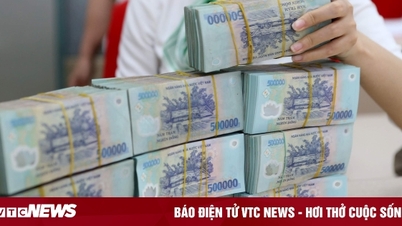
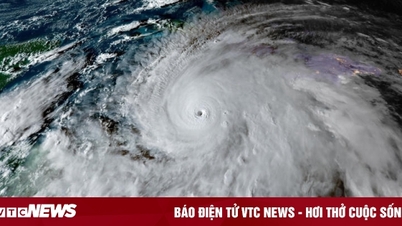
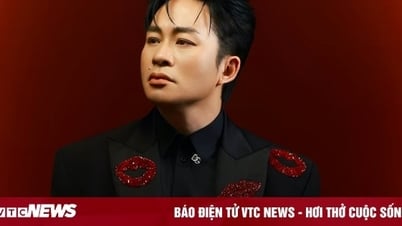
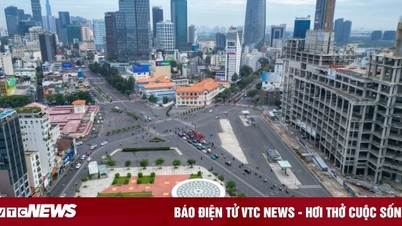
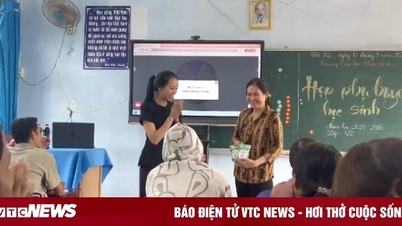
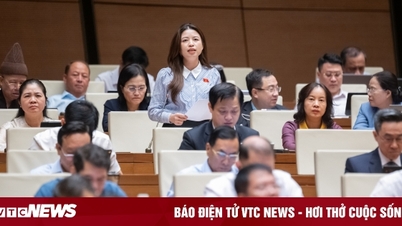

































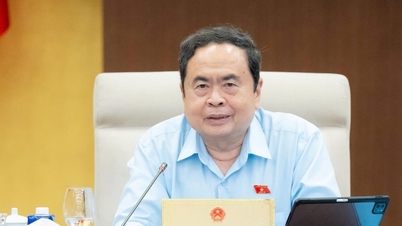

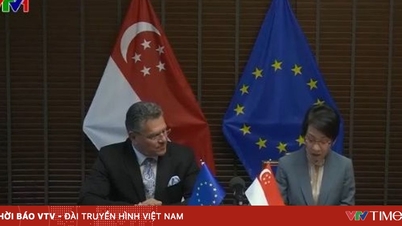
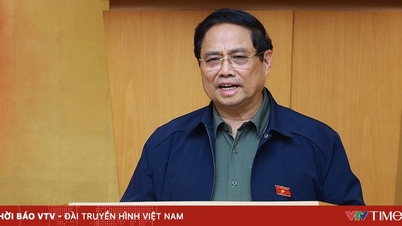
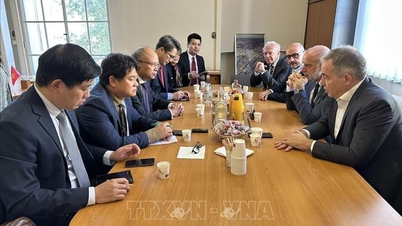

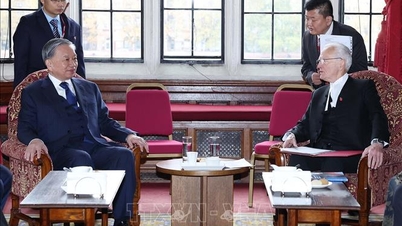
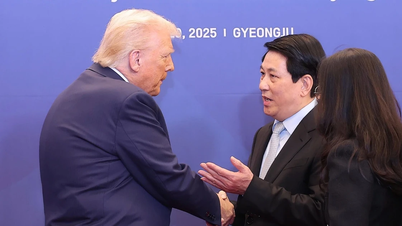



![[Live] Concert Ha Long 2025: "Heritage Spirit - Brightening the Future"](https://vphoto.vietnam.vn/thumb/402x226/vietnam/resource/IMAGE/2025/10/29/1761743605124_g-anh-sang-am-thanh-hoanh-trang-cua-chuong-trinh-mang-den-trai-nghiem-dang-nho-cho-du-khach-22450328-17617424836781829598445-93-0-733-1024-crop-1761742492749383512980.jpeg)



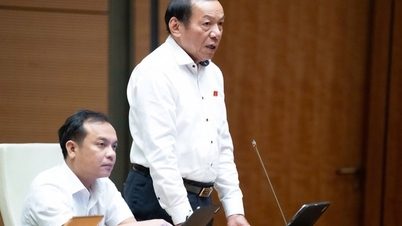
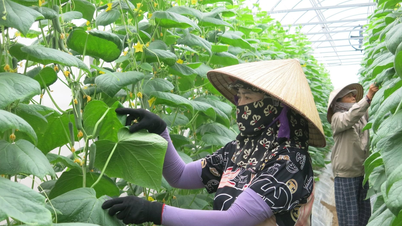

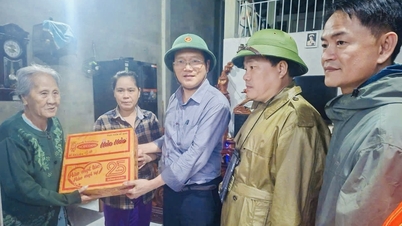

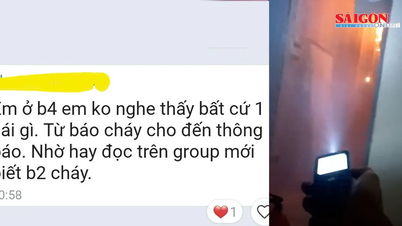

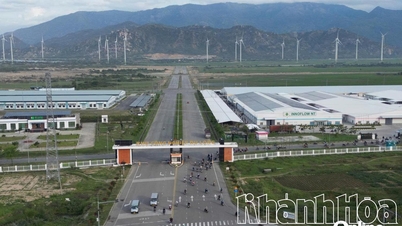

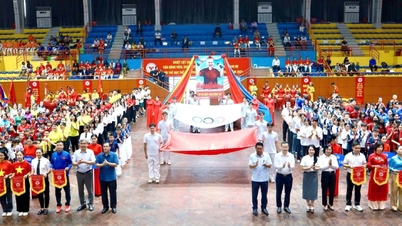
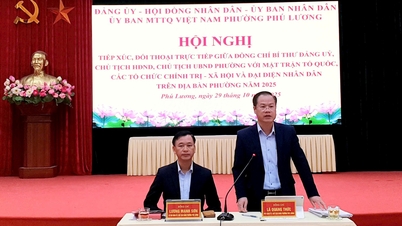













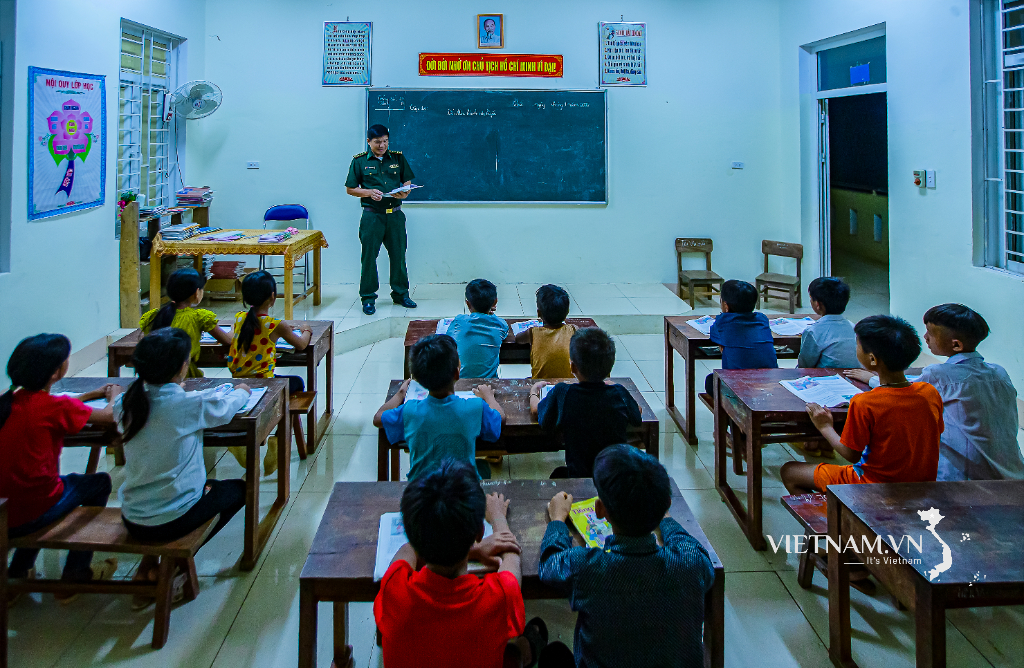
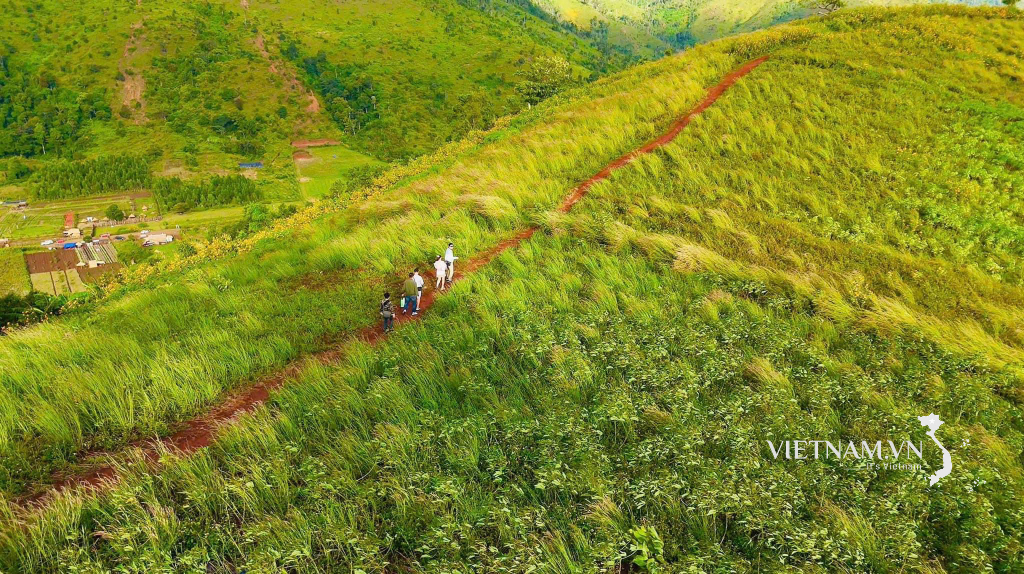
Comment (0)